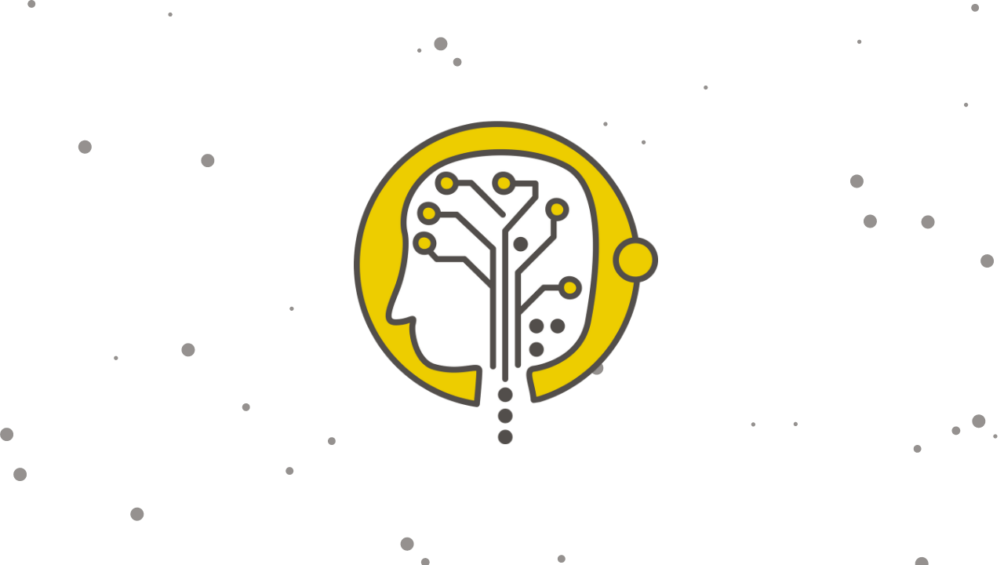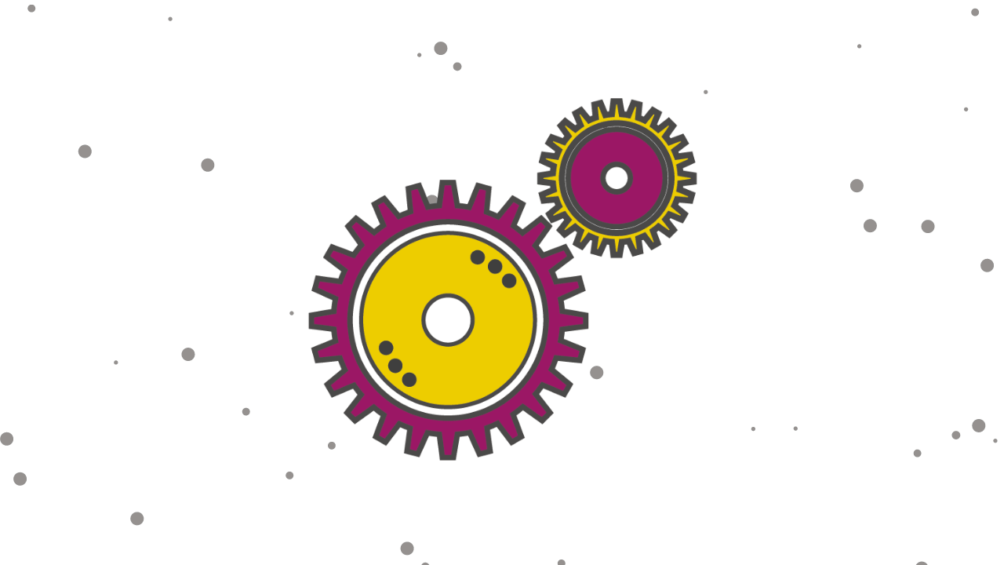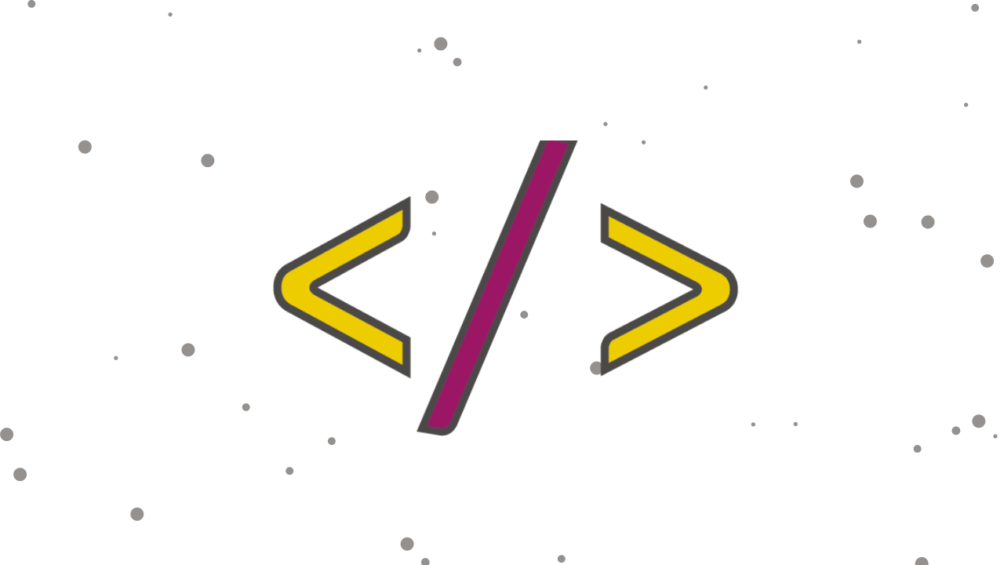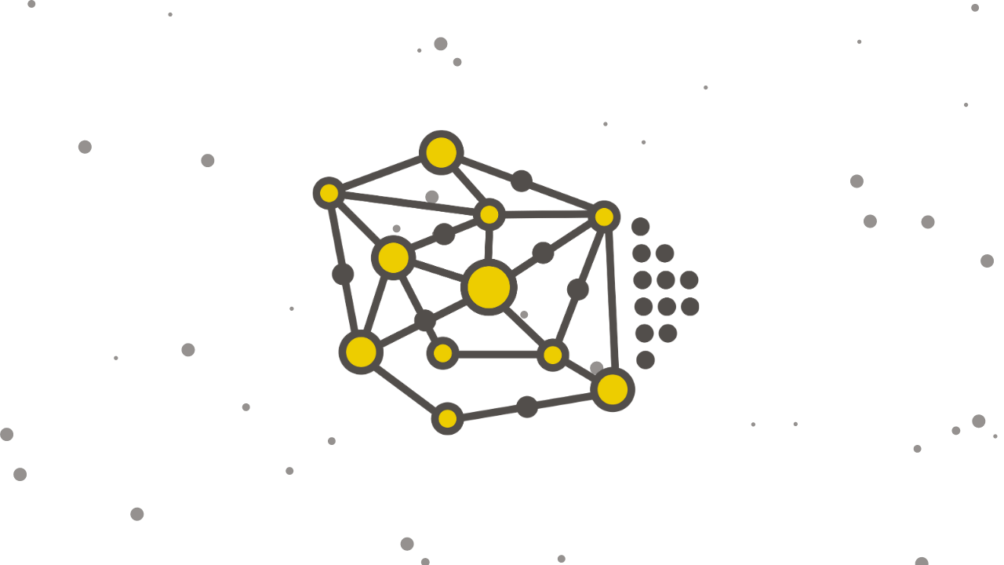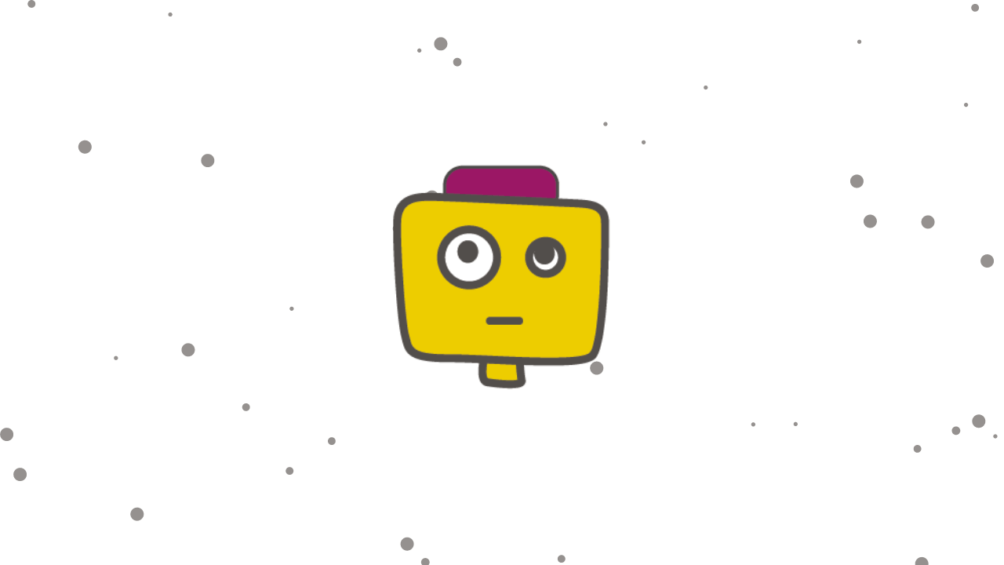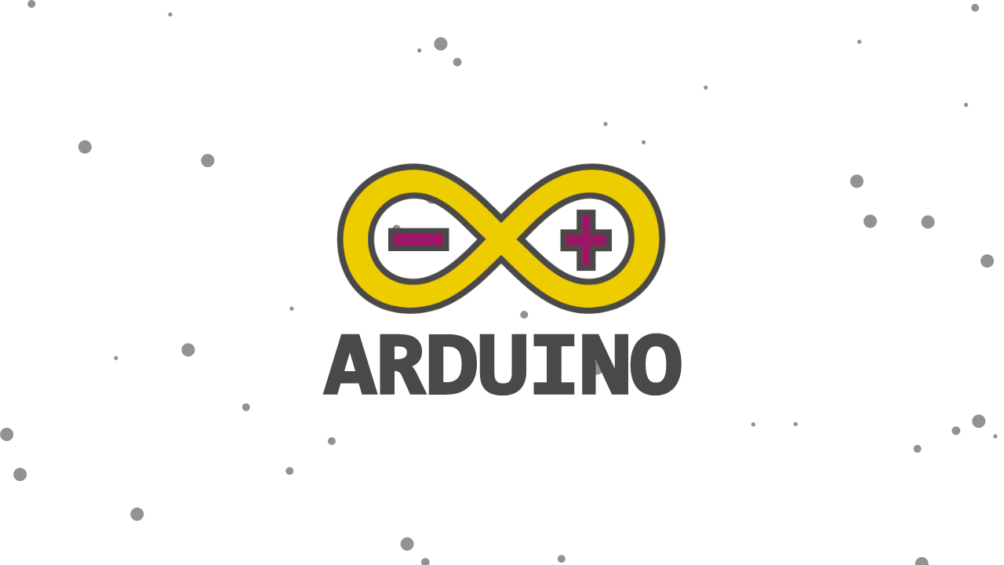This workshop develops students’ knowledge of programming, focusing on Python. With the help of Turtle library, students will strengthen their understanding of geometry and learn how to program various shapes using the Python.
C3: Greenfoot Ecosystems
This workshop develops students’ knowledge of ecosystems, in particular, the food chain. Students then develop their knowledge on the Java-based Greenfoot environment by producing a game which is a simulation of an ecosystem.
C3: Computational Thinking
In this workshop, pupils will be looking at the concept of Computational Thinking and applying it to solve problems and simulate real-world sequences in Scratch.
CS101: Assembly Language
This aim of this workshop is to develop students’ confidence with assembly language programming in Little Man Computer. Students will use their ability to decompose processes before solving complex problems, including sequences as seen in GCSE Mathematics.
CS101: HTML
This workshop introduces students to HTML. It provides them with the necessary skill to create their own HTML web page(s) to be used as a tool for revision.
CS101: Algorithms II
This workshop builds on the first whilst focusing on implementing the various algorithms using Python. Students will learn how to create and utilise algorithms including sort and search algorithms, whilst reinforcing their programming knowledge.
CS101: Algorithms I
This workshop develops students’ ability to decompose complex processes through the use of flowcharts and step-by-step instructions. These skills are then applied to solve a Numeracy GCSE-style question and examples of commonly used algorithms are explored.
LEGO Robotics
This page includes resources for a variety of LEGO robotics kits. The LEGO Spike Prime is a programmable robotics kit which can be used to create many different robots which can complete a variety of tasks. There are many tutorials online for these kits and these are the main kits used to compete in our national robotics competition each year. … Read More
Arduino
Arduino is a small circuit board which allows you to make a computer that can sense and control the physical environment. You can learn about electronics by building your own circuits, and you can program your Arduino to become anything, from a mobile phone to a Geiger counter! Technocamps have developed a wearable computing workshop, where pupils can use an … Read More
PyShop
The Py Shop programme helps students develop the ability to program in Python starting from the basics before covering more advanced topics. Throughout the programme students will develop a complete shop system. Presentation: Cheat Sheet Sports Management System


